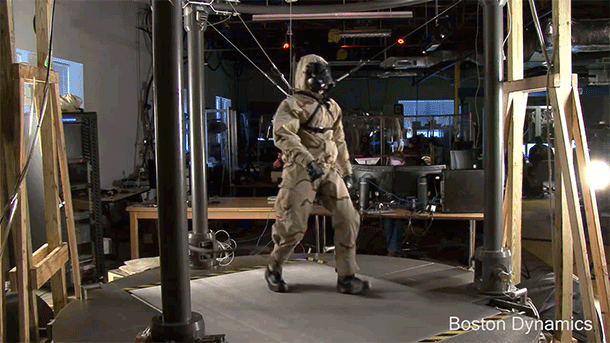From healthcare to warfare, machine-based thinking is revolutionising the way we live, exposing us to the benefits and the risks. Twenty-six world experts in emerging technologies say cybercrime will grow and drones will be misused in the next decade.
Category: robotics/AI – Page 2,515
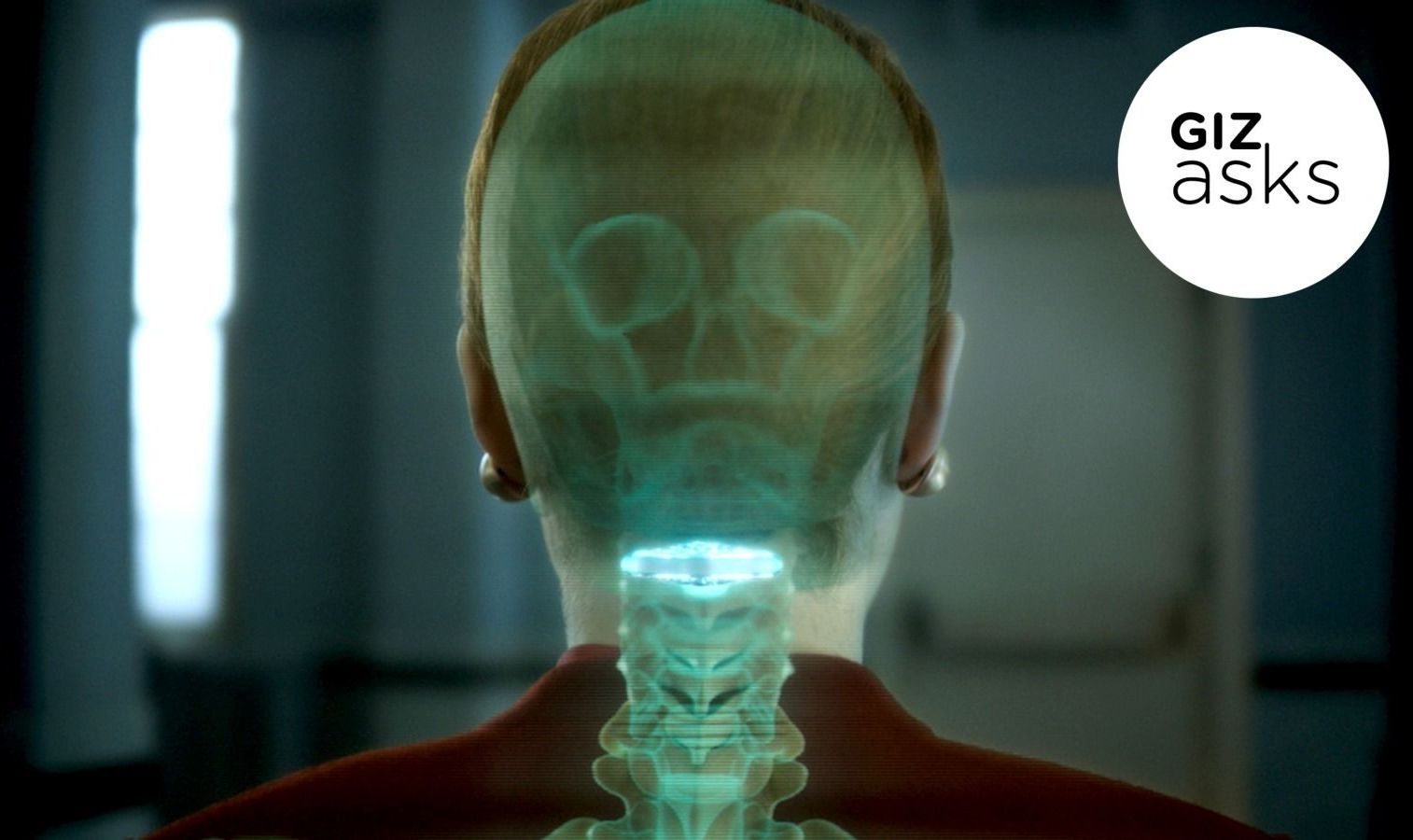
Will We Ever Be Able to Upload a Mind to a New Body?
The Netflix series takes place hundreds of years in the future, but references versions of technology that have been in development for years, like brain mapping, human and AI neural links, and mind uploading to computers. Millions of dollars has been bumped into technological ideas that promise, one day, our brains will be turned digital. That said, there are those who believe the human mind is too complex, and our consciousness too nuanced, to be recreated in a digital product. And none of that even goes into what would happen if someone’s digitized mind was placed into real human flesh.
Will we ever be able to upload our minds into other bodies? Furthermore, should we? And honestly, if we ever achieved such a feat, could we even call ourselves human anymore? On this week’s Giz Asks, we reached out to experts in neuroscience, philosophy and futurism.

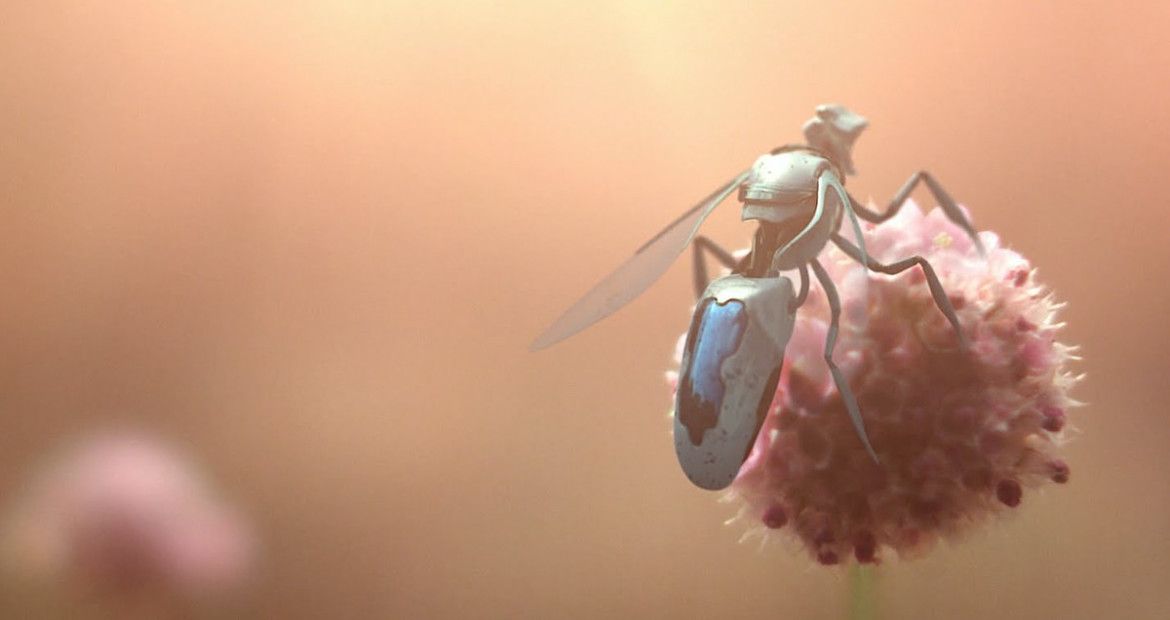
Japan has just invented Robo-bees that can legitimately pollinate the earth
In an example of life imitating art, scientists have come up with a technology straight out of an episode of Black Mirror: Bee-like pollinating drones.
A team at the National Institute of Advanced Industrial Science and Technology (AIST) in Japan engineered the devices using a combination of horsehair, $USD 100 drones and a sticky ion gel.
It’s pretty simple really – first, the drones fly into flowers much like a bee would. Inside the flower, pollen gets stuck to the drone due to the combination of the ion gel and horsehair. That same pollen is then shaken off into the next flower, and so on. It’s just your run of the mill birds and the robots bees.
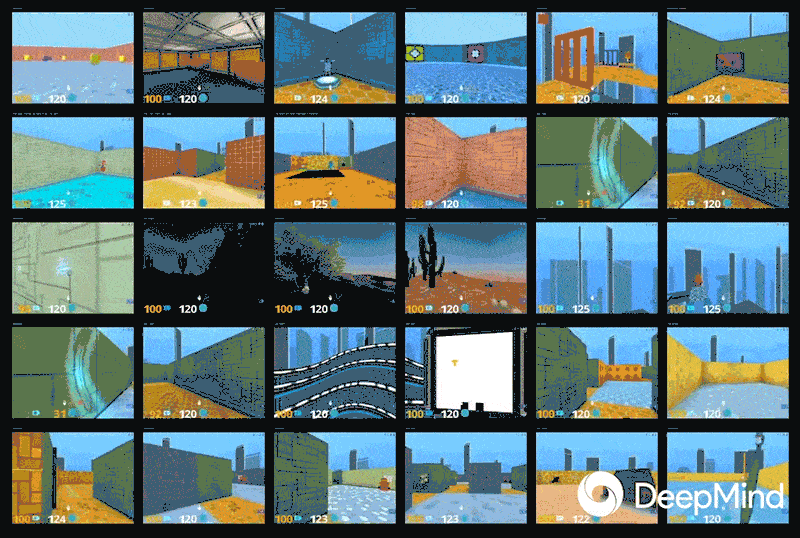
DeepMind’s latest AI transfers its learning to new tasks
By using insights from one job to help it do another, a successful new artificial intelligence hints at a more versatile future for machine learning.
Backstory: Most algorithms can be trained in only one domain, and can’t use what’s been learned for one task to perform another, new one. A big hope for AI is to have systems take insights from one setting and apply them elsewhere—what’s called transfer learning.
What’s new: DeepMind built a new AI system called IMPALA that simultaneously performs multiple tasks—in this case, playing 57 Atari games—and attempts to share learning between them. It showed signs of transferring what was learned from one game to another.
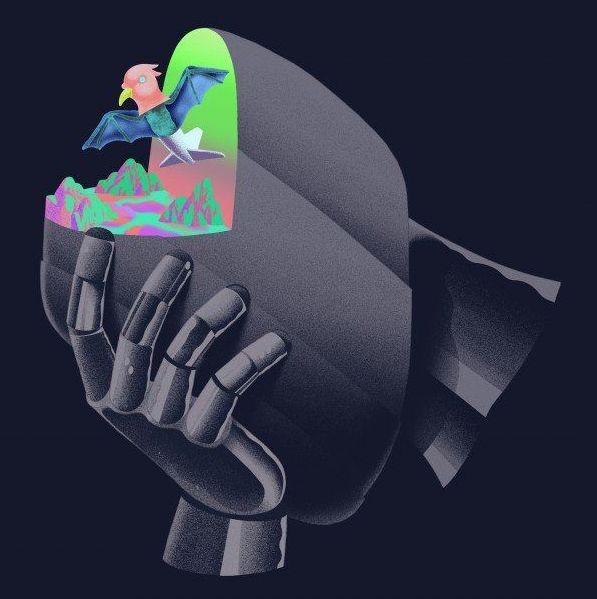
Supercomputer on a fingernail, artificial synapse ushers in new AI revolution
WHY THIS MATTERS IN BRIEF
There is nothing on Earth like the human brain, even today’s AI doesn’t come close, but now researchers have created an Artificial Synapse that’s 200 million times faster than a human synapse, and one day it will revolutionise AI and computing.
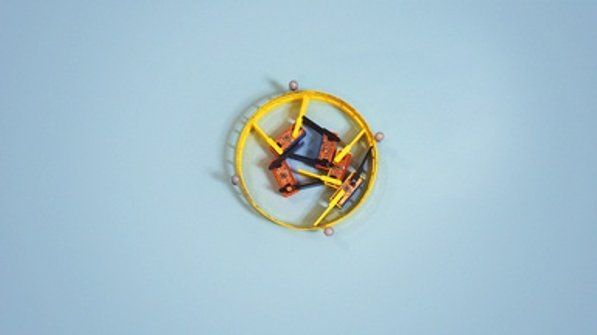
“Smarticle” Robot Swarms Turn Random Behavior into Collective Intelligence
New algorithms show how very simple robots can be made to work together as a group.
- By Ben Rollins, Quanta Magazine on February 18, 2018

Computers learn to learn
Intel and Researchers from Heidelberg and Dresden present three new neuromorphic chips.
Researchers from Heidelberg University and TU Dresden, together with Intel Corporation, will reveal three new neuromorphic chips during the NICE Workshop 2018 in the USA. These chips have an extraordinary ability: They are able to mimic important aspects of biological brains by being energy efficient, resilient and able to learn. These chips promise to have a major impact on the future of artificial intelligence. Computers are many times faster than humans in solving arithmetical problems, yet they have thus far been no match when it comes to the analytic ability of the brain. Up until now, computers have not been able to continually learn and can therefore not improve themselves. The two European chips were developed in close collaboration with neuroscientists as part of the Human Brain Project of the European Union. NICE 2018 will be held from 27 February until 1 March on the Intel Campus in Hillsboro/Oregon.
Dr Johannes Schlemmel from the Kirchhoff Institute for Physics at Heidelberg University will present prototypes of the new BrainScaleS chip. BrainScaleS has a mixed analogue and digital design and works 1,000 to 10,000 times faster than real time. The second generation neuromorphic BrainScaleS chip has freely programmable on-chip learning functions as well as an analogue hardware model of complex neurons with active dendritic trees, which – based on nerve cells – are especially valuable for reproducing the continual process of learning.
